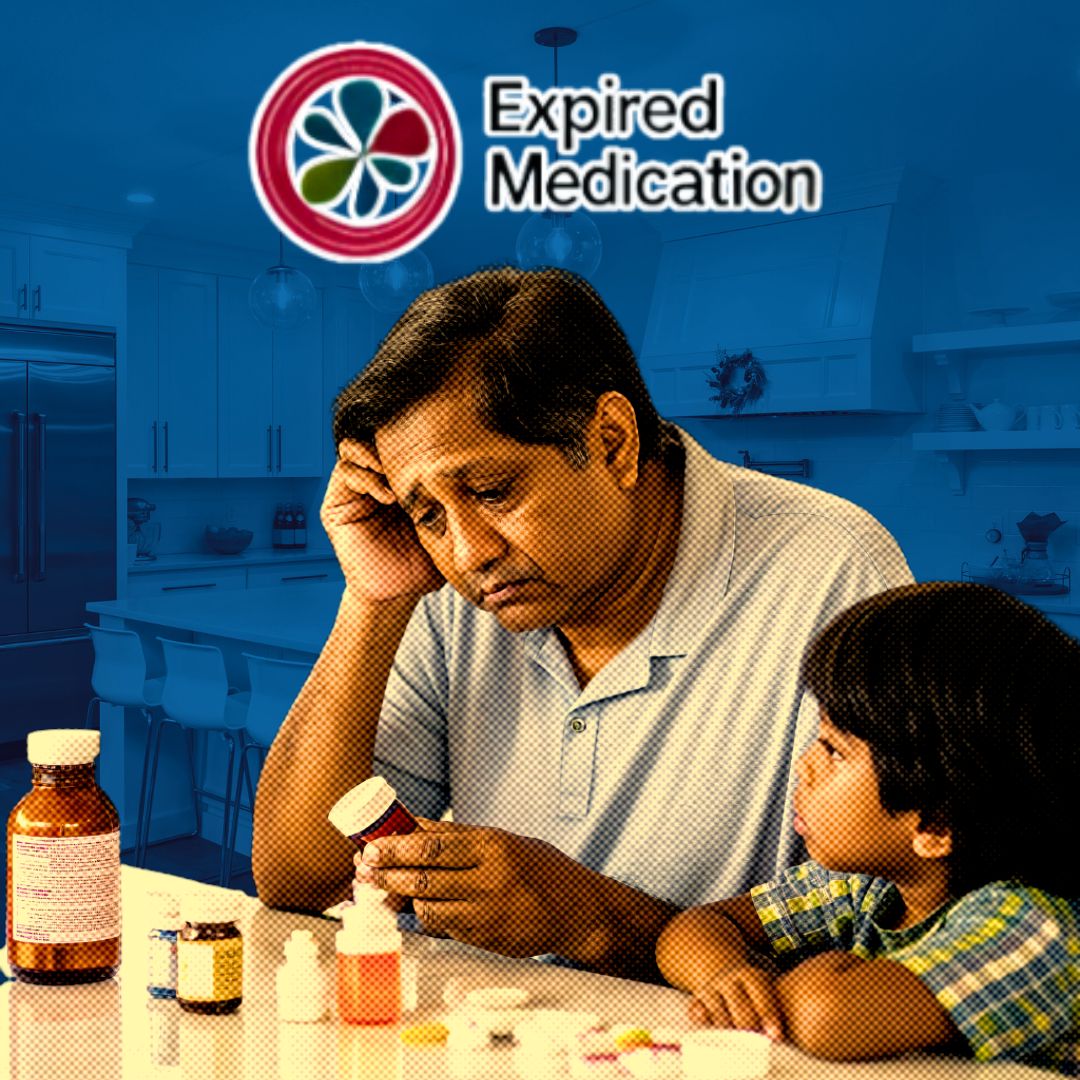Medications are essential for managing health conditions, but using them beyond their expiration dates can pose significant risks. As per recent insights from medical experts and pharmaceutical researchers, expired medications can lose their potency and, in some cases, may even be harmful. Proper storage, timely disposal, and consumer education are crucial to mitigating these risks.
The Science Behind Medication Degradation
Medications are complex chemical compounds designed with precise molecular structures. According to Dr. Pawan Mandaviya, a Consultant Pediatrician, Neonatologist, and Pediatric Intensivist at Kiran Multi Super Specialty Hospital & Research Centre, when medications are exposed to environmental factors like temperature, humidity, and light, these structures begin to break down, potentially altering the medication’s chemical composition. This degradation isn’t just a theoretical concern but a scientifically documented phenomenon that can significantly affect a medication’s safety and effectiveness.
Key Findings: What Parents Must Know
Dr. Mandaviya highlights that one of the most critical mistakes parents make is using liquid medications, especially syrups, more than 4 weeks after opening. Once exposed to air, syrups can become contaminated with bacteria or mold—even if they appear normal—potentially causing illness. The preservatives in the syrup lose effectiveness over time, reducing the medication’s potency and making it ineffective. Additionally, the quality of the syrup can degrade, leading to undesirable changes in taste, texture, and color.
Molecular Breakdown: The Hidden Danger
Health experts emphasize that medications undergo complex chemical transformations over time. Active ingredients can lose molecular stability, and potentially harmful byproducts can form. This results in reduced therapeutic effectiveness and may even introduce new risks. Chemical structures can fundamentally change, making the medication not only less effective but potentially unsafe.
Comprehensive Risk Assessment
Medication Type-Specific Risks
- Liquid Medications: According to reports, liquid medications are particularly vulnerable to contamination. They are prone to rapid degradation and carry the highest risk of bacterial growth.
- Tablet and Capsule Medications: These medications experience a slower degradation process, but environmental factors can still impact their stability and potency.
Expert-Recommended Protection Strategies
Optimal Storage Guidelines:
- Temperature Control: Experts recommend storing medications between 15-25°C, away from direct sunlight, in their original packaging, and in low-humidity environments to maintain their efficacy.
Disposal and Management
Dr. Mandaviya advises conducting regular medication inventories, using digital tracking tools, and participating in community take-back programs to safely dispose of expired medications. Always consult healthcare professionals for personalized medical advice.
Technological Innovations
Emerging technologies such as smart tracking applications, QR code verification systems, and advanced packaging solutions are being developed to improve medication safety and consumer awareness.
Legal and Ethical Considerations
Regulatory Compliance: Adhering to FDA guidelines and pharmaceutical industry safety standards is essential for protecting consumers, as emphasized by experts in the field.
Consumer Empowerment: Understanding medication expiration dates isn’t just about following guidelines—it’s about protecting your family’s health. Knowledge and awareness are the first lines of defense, as per pharmaceutical researchers.
Final Recommendations
Immediate Actions
- Check all current medications.
- Implement strict storage protocols to ensure medications remain effective.
- Dispose of expired medications safely through recommended disposal methods.
- Educate family members, especially parents, about the risks of expired medications.
By staying informed and vigilant, consumers can significantly reduce the risks associated with expired medications, ensuring the safety and well-being of their families.
The Logical Indian’s Perspective
At The Logical Indian, we believe in fostering a culture of awareness and responsibility regarding health and safety. This report emphasizes the importance of understanding medication expiration dates not just as a personal responsibility but as a communal effort to safeguard the health of our families. By making informed decisions and adhering to proper medication management practices, we can collectively contribute to a healthier community.
We urge you to take action today—what steps will you take to ensure the safety of your family’s health when it comes to medications? Share your thoughts and experiences with us.












